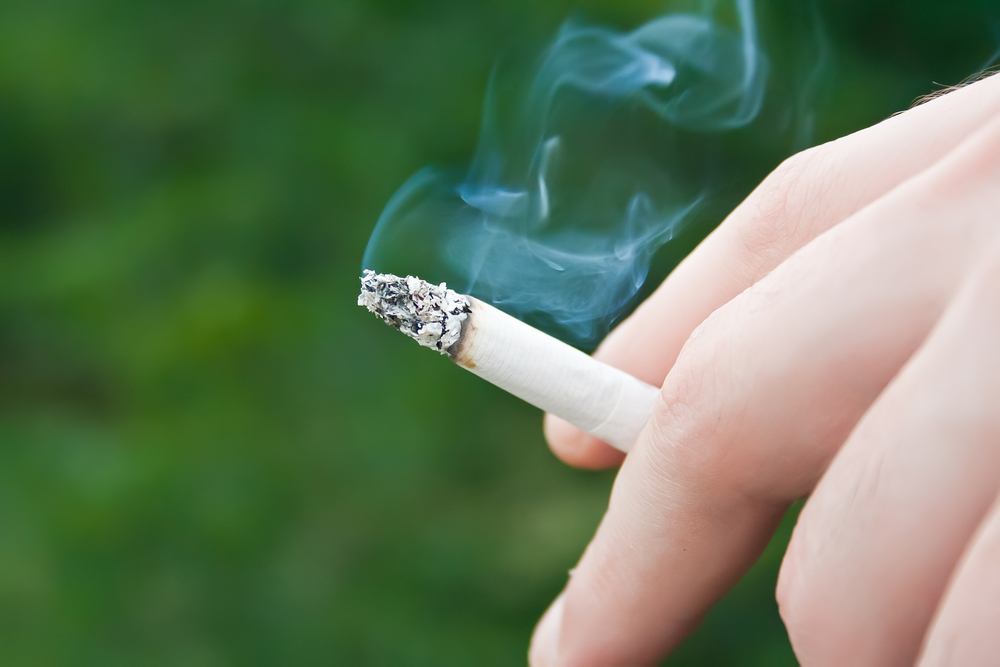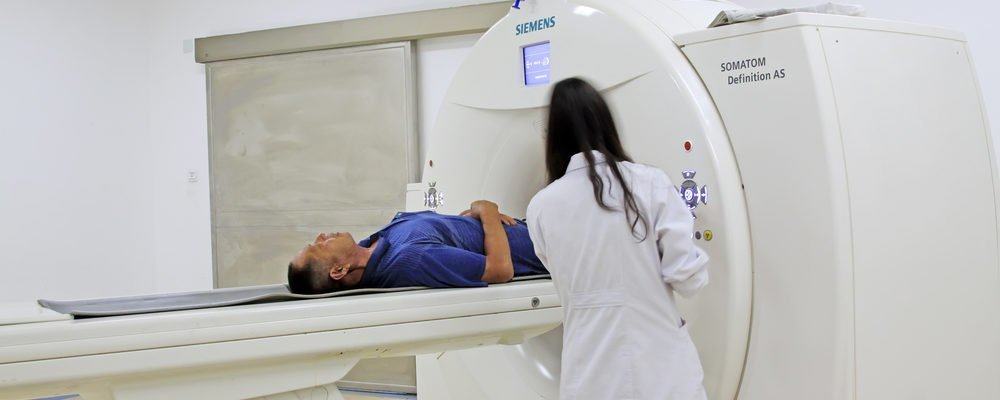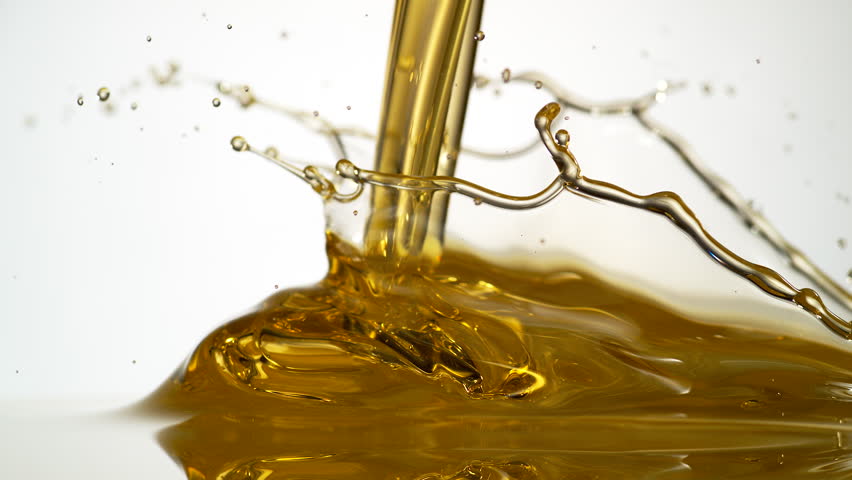Contents:
- Medical Video: Effects of Smoking : How Does Smoking Affect the Liver?
- What is the connection between liver cancer and smoking?
- How does smoking affect liver function?
- Quitting smoking is the best decision
Medical Video: Effects of Smoking : How Does Smoking Affect the Liver?
When you are diagnosed with liver disease, your doctor will advise you to stop smoking along with a number of other lifestyle changes. Because body parts function together and there are no organs which are separate entities, smoking does not only have a negative impact on the lungs. Smoking also has an impact on liver function in overcoming the effects of toxic toxins and cigarette smoke. In fact, smoking can cause liver cancer.
What is the connection between liver cancer and smoking?
New research reinforces the link between smoking, obesity, and excessive alcohol consumption are strong risk factors for liver cancer
Researchers from the US and Europe examined 125 liver cancer patients to determine risk factors that contribute to their disease. The researchers compared this group of patients with 229 people without cancer adjusted for age, sex, and other factors. All participants are part of a research group formed so that researchers can investigate the role of biological factors, diet, lifestyle, and environment in the development of cancer and other chronic diseases.
They found that almost half of all cases of liver cancer in the study were related to smoking.
How does smoking affect liver function?
One of the main functions of the heart is to offer poisons in the bloodstream. This organ filters the blood, separating the substances needed to maintain the functions of the body's life. The more toxic substances that must be filtered, the more severe the liver becomes blocked, so the less efficient the liver is in carrying out this task.
When you have to process large amounts of toxic substances contained in cigarette smoke with a limited surface area of the liver, the risk of liver disease increases. When functioning with diseases such as cirrhosis or hepatitis, parts of the liver that can filter out toxic substances are diminishing. Cirrhosis not only inhibits the regenerative ability of the liver but also reduces its ability to filter out toxic substances.
The liver also plays a role in regulating fat in the blood through the presence of cholesterol, both types of "good" cholesterol (HDL) and "bad" cholesterol (LDL). The optimal comparison of good and bad cholesterol will be disrupted by liver disease, and if coupled with the ability of nicotine to increase blood fat levels, this will create a dangerous buildup of blood fat. Nicotine, the active and addictive ingredient in tobacco, is a cardiovascular stimulant and central nervous system. Nicotine makes blood vessels narrow, increases blood pressure by stimulating the heart, and increases blood fat levels. Excess fat in the blood can produce dire consequences, from hypertension to heart attack and stroke.
Smoking can change the function of damaged liver cells, reduce the rate of normal cell regeneration, and support the development of cancer. Cigarette smoke contains many famous carcinogens. Tar in cigarette smoke contains polynuclear aromatic hydrocarbon (PAH), which is material that binds to cell DNA which causes damage and triggers cell abnormalities, or cancer.
Quitting smoking is the best decision
Even if you don't have liver disease, you should avoid and stop smoking. That is the most effective way to prevent various diseases. Choosing between healthy life or the risk of many diseases, all depends on you. However, we know that you will always want to make your family happy, so there is no doubt what you will choose.
Hello Health Group does not provide medical advice, diagnosis or treatment.












